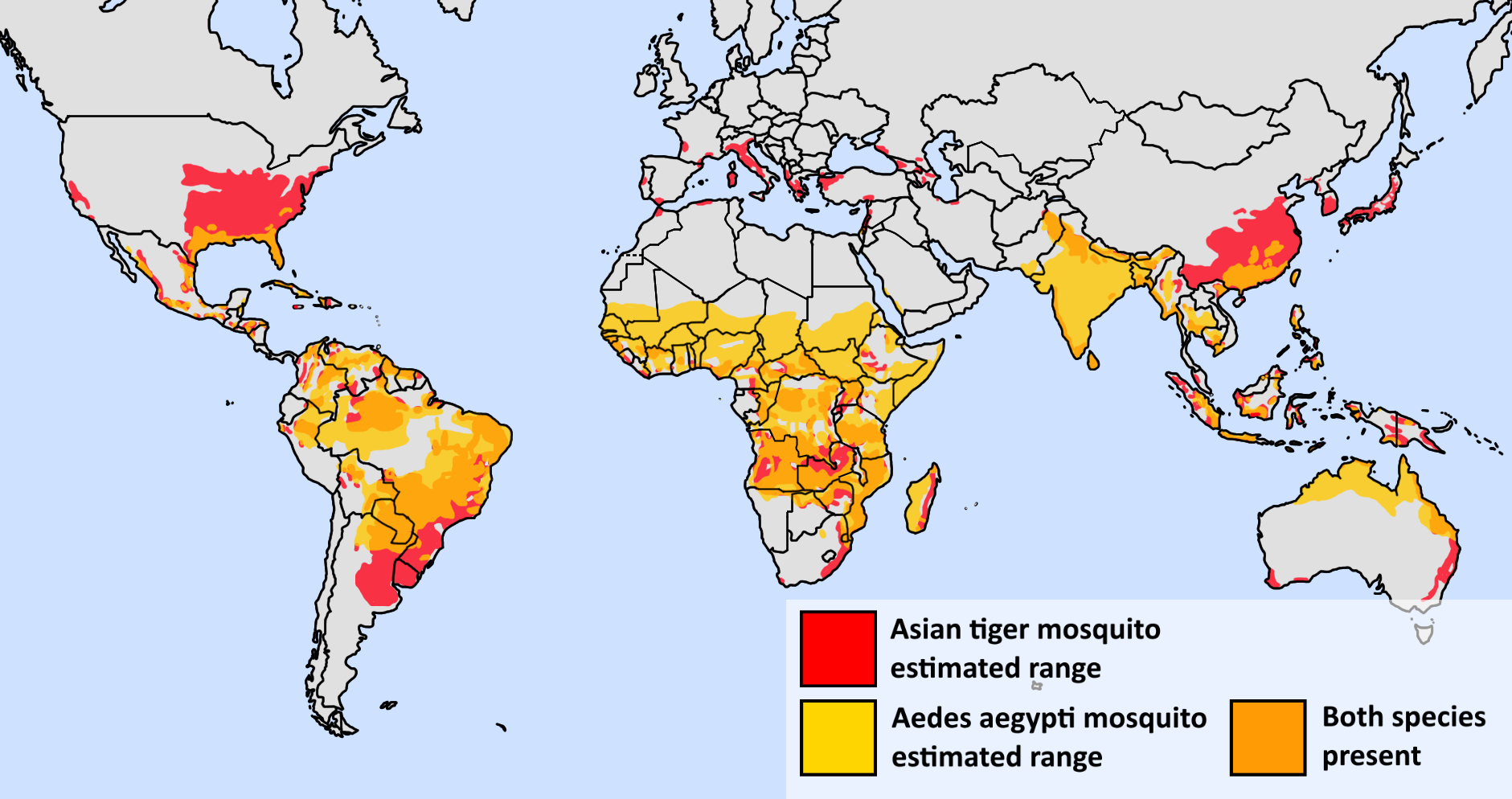Current News on Mosquito-Borne Illnesses: A Growing Concern
As of April 2024, the world is witnessing a significant surge in mosquito-borne illnesses, particularly dengue fever, which has become a pressing public health issue. This report summarizes the latest developments and insights regarding the outbreak and its implications.
Dengue Fever Outbreak
Overview of the Situation
According to recent reports, approximately 4.7 million people have been infected with dengue fever in 2024 alone, marking a dramatic increase in cases primarily concentrated in Latin America and the Caribbean. Experts are warning that this trend could escalate further, with the potential for even more infections as the year progresses. The PBS NewsHour highlighted that the current outbreak is unprecedented, with case numbers soaring by 238% compared to the same period last year.
Climate Change and Its Impact
The NBC News article discusses how climate change is contributing to the spread of dengue fever, which was once confined to tropical regions. The changing climate is allowing mosquitoes to thrive in new areas, increasing the risk of outbreaks in regions previously considered safe. The CDC has issued warnings about the rising risk of dengue and other mosquito-borne diseases in the United States, urging healthcare providers to be vigilant.
CDC Warnings and Global Response
In response to the alarming rise in dengue cases, the CDC has released maps indicating areas at risk and has advised healthcare professionals to be on the lookout for symptoms of dengue fever. The CBS News report emphasizes that the CDC is particularly concerned about the potential for dengue to spread beyond its traditional boundaries, affecting more populations globally.
Other Mosquito-Borne Illnesses

West Nile Virus and Other Threats
In addition to dengue fever, other mosquito-borne illnesses such as West Nile virus and Eastern equine encephalitis (EEE) are also on the rise. Reports indicate that there have been 11 confirmed cases of West Nile virus in the U.S. this year, the highest since 2019. The Yahoo News article notes that if the current trend continues, we could see record-breaking numbers of cases, especially if the winter remains warm.
Localized Cases and Health Advisories
In Sarasota County, Florida, health officials issued a mosquito-borne illness advisory after three sentinel chickens tested positive for West Nile virus. This local outbreak underscores the need for public awareness and preventive measures against mosquito bites.
Resistance to Insecticides
A concerning trend is the growing resistance of mosquitoes to commonly used insecticides. The NBC News report highlights that mosquitoes carrying West Nile virus are becoming increasingly resistant, complicating efforts to control their populations and prevent the spread of diseases.
Preventive Measures and Recommendations
Expert Advice from Health Authorities
Health experts, including those from the Mayo Clinic, recommend several strategies to prevent mosquito bites and reduce the risk of infection. These include:
- Using insect repellent containing DEET, picaridin, or oil of lemon eucalyptus.
- Eliminating standing water where mosquitoes breed, such as in flowerpot saucers and vases.
- Wearing protective clothing when outdoors, especially during peak mosquito activity times.
Community Awareness and Action
Public health officials are urging communities to stay informed about mosquito-borne illnesses and to take proactive measures to protect themselves. This includes participating in local mosquito control programs and reporting any stagnant water sources that could serve as breeding grounds.

The current surge in mosquito-borne illnesses, particularly dengue fever, poses a significant public health challenge. With millions affected and the potential for further spread, it is crucial for individuals and communities to remain vigilant and take preventive measures. As climate change continues to alter the landscape of disease transmission, ongoing research and public health initiatives will be essential in combating these threats.
For more detailed information, you can explore the following articles:
- PBS News: What you need to know about the latest outbreak of dengue fever
- NBC News: Dengue fever, once confined to the tropics, now threatens ...
- CBS News: Maps show dengue fever risk areas as CDC warns of global ...
Stay informed and take action to protect yourself and your community from these growing health threats.




